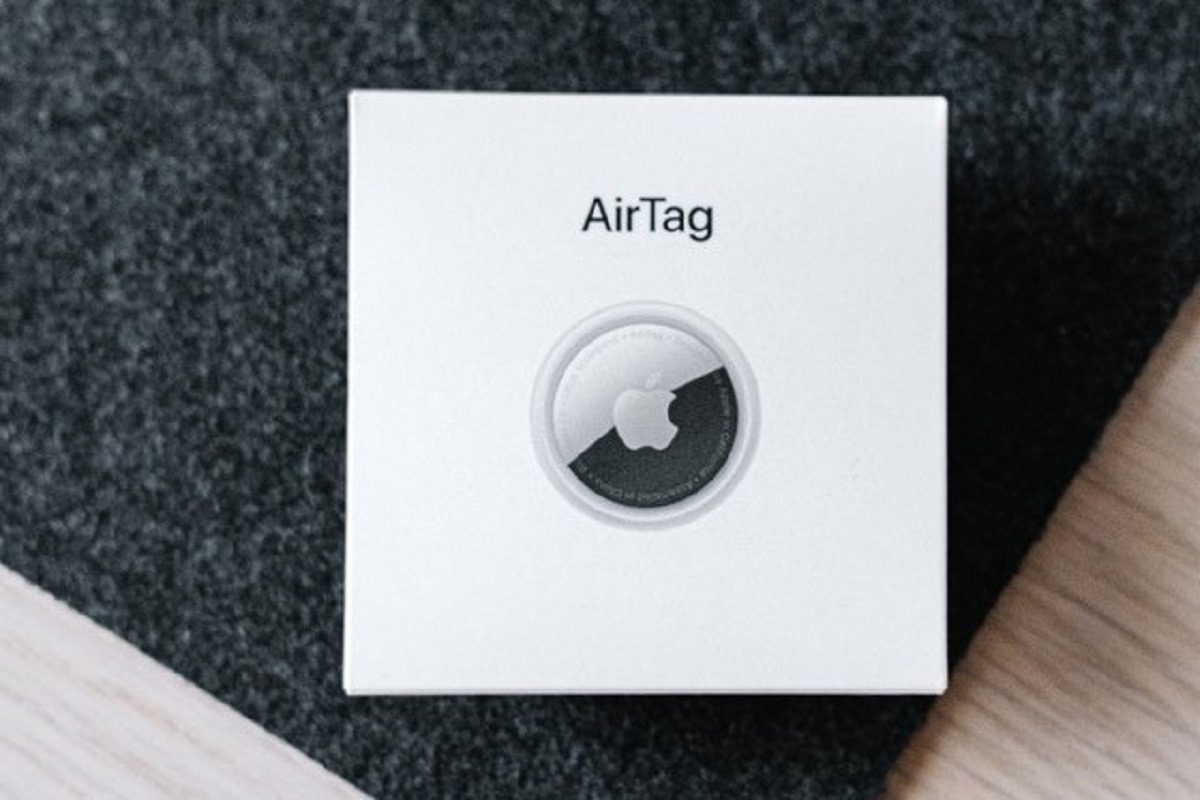With mounting concerns about AirTags being used to track/stalk people and other objects, Apple has chosen to make a number of changes to AirTags in recent releases in trying to limit its unwelcome tracking use.
AirTag was first published on April 30, 2021, with the goal of assisting Apple consumers in keeping track of personal goods like purses, keys, backpacks, and other precious objects via the Find My app. AirTag has received both positive and negative feedback as it approaches its one-year anniversary. AirTags have proven to be effective in locating misplaced things. For example, a person who misplaced their wallet on the subway was able to locate it at a different stop across town thanks to the AirTag. However, there are some negative reviews.Let’s Investigate Apple AirTags and Tracking Myths
A Quick Look at the AirTag Working Principle
Before we get into the escalating tracking concerns with AirTag, it’s vital to grasp the basics of how it works.
AirTag tracks lost or stolen things using ultra-wideband technology and a broad network of existing Apple devices. It broadcasts a secure Bluetooth signal that is detected by adjacent Find My network Apple devices. Those devices broadcast the AirTag location to iCloud after receiving the signal. When you use the Find My app to monitor your AirTag, it will show you where it is on a map. You can also use the app to make the AirTag make a sound so you can quickly locate it. In order to maintain privacy, Apple has assured that the entire procedure is encrypted and anonymous.
Concerns About AirTag Tracking
When we consider the advantages that AirTags provide, it is clear that it is a gadget that we all require. However, due to its increasing illicit use, its superior tracking capabilities have made a lot of news in recent months. After police discovered an AirTag in the victim’s car, a guy was arrested and charged with stalking in Connecticut. Similarly, model Brooks Nader revealed to her fans that an AirTag was hidden in her coat one night in New York City. Furthermore, authorities in a number of jurisdictions have expressed their concerns and issued warnings concerning the illicit use of AirTags.
New AirPods provide comparable tracking capabilities to AirTags, although they are far more expensive. As a result, criminals choose to use AirTags rather than AirPods. But are just AirTags and not its competitors, such as Tile, involved in illicit tracking tactics?
AirTags are powered by over a billion Apple users, therefore the Apple ecosystem sets them apart from the competition. Although there are issues with sharing information with others, the vast Apple ecosystem makes AirTags a more effective approach to carry out illicit operations.
Apple’s New AirTags Updates
Apple has made a few upgrades in the past and plans to make a few more recently in response to consumer complaints about AirTags.
Apple upgraded the AirTag software in June 2021, reducing the alert time from 3 days to 8-24 hours after the AirTag is lost from the owner. Apple announced a Tracker Detect software for Android devices in December 2021, allowing users to check for Find My devices that have been separated from their owners near them (for at least 10 minutes).
With several new changes in the next update, Apple is focusing on taking significant steps to address the illicit usage of AirTags. The following are some of the major changes coming to AirTags:
- Apple will display a privacy warning when the AirTag is set up for the first time with the new software update. The notice will state that the device is only intended to track personal items and not to track people without their consent. Furthermore, it will explain that tracking someone with an AirTag is a criminal offense in many jurisdictions, and that law enforcement can ask for AirTag owners’ identity information.
- Precise Locating: The “precision finding” capability will be available to iPhone 11, 12, and 13 users, allowing the recipient of an unwanted tracking notice to locate the unfamiliar AirTag with pinpoint accuracy. When an unknown AirTag appears within range, users can observe its direction and distance with this functionality.
- “Unknown Accessory Detected” has been added to AirPods near you: Many Apple consumers have expressed dissatisfaction with the “Unknown Accessory Detected” message that appears on their smartphones. This alert is now only displayed when you are near any AirPods Max, AirPods Pro, AirPods (3rd generation), or any other Find My network accessory, rather than when an AirTag is detected.
- Sound options for AirTag: Users who have been alerted of unwanted tracking can use the unknown AirTag’s sound to locate it. Apple is considering changing the tone sequence to make it a little louder so that AirTag can be detected more easily.
- Apple has also revised its unwanted tracking support article to explain the security safeguards included into AirPods, AirTag, and Find My network accessories. The article now has all of the necessary information for a user to cope with the unwanted tracking alert.
Aside from the modifications mentioned above, Apple is working on further changes that will reduce the use of AirTags in illicit activity. Furthermore, Apple is cooperating with law enforcement and is willing to reveal the AirTag owner’s Apple ID credentials if the business receives a lawful request.
Final Thoughts
There is no question that AirTags are being utilized to track others. Many incidents have been reported thus far, and people are becoming increasingly anxious. All of these occurrences have prompted Apple to take more deliberate precautions to prevent criminals from using AirTags. The above-mentioned upgrades and many more that we anticipate seeing soon will help decrease the illicit usage of AirTags. So, we’ll have to wait and watch how this AirTag tracking scenario develops in the future.
